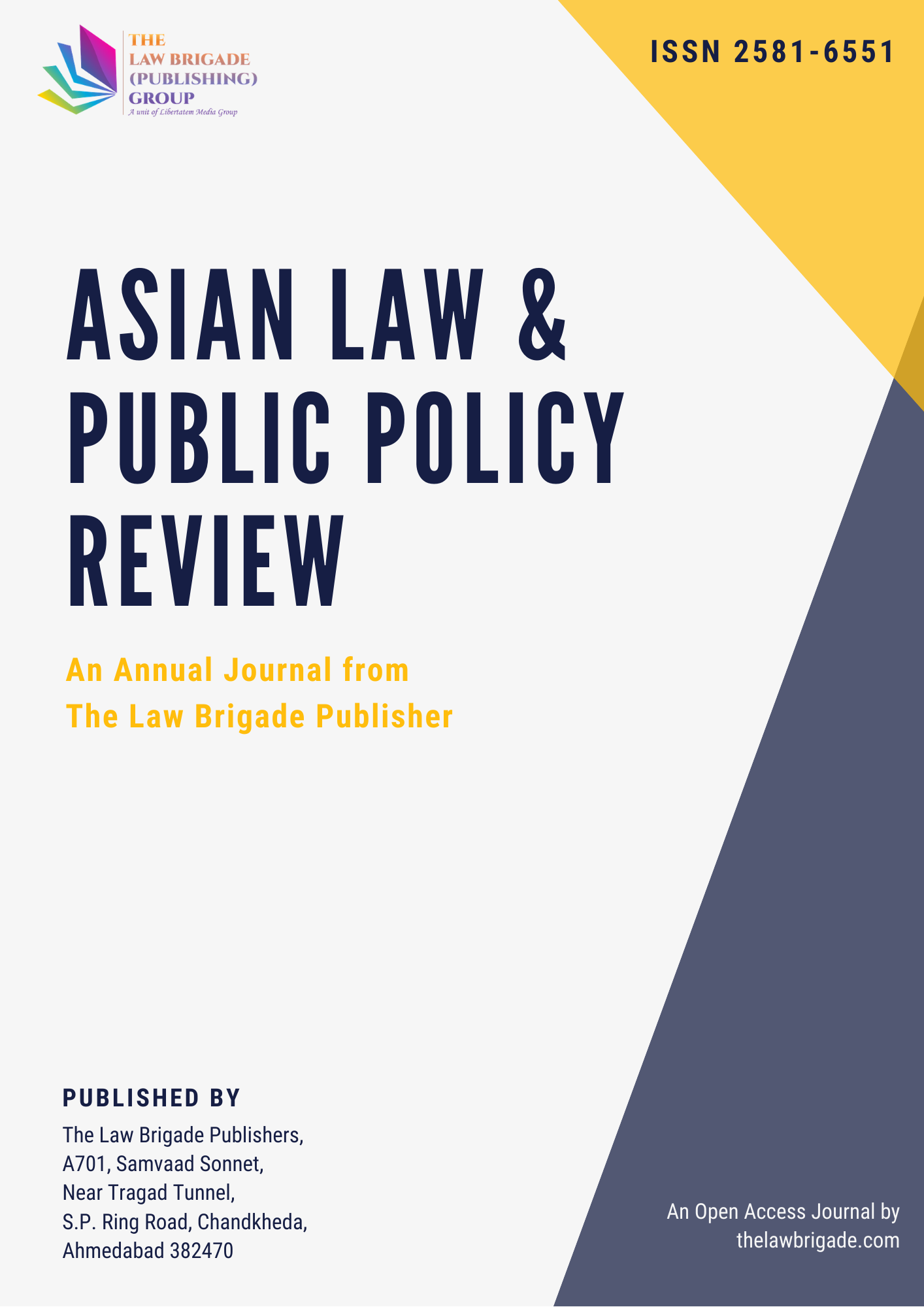Defective infrastructures and transport challenges that hinder citizens in pursuing their urban livelihoods may even be interpreted as impeding justice relating to their “right to the city”, i.e., using their rights by accessing city resources through affordable and efficiently performing Bus Rapid Transport (BRT) services[i] as they are constitutionally deemed as master of destiny in the country[ii]. This justice however, can be deprived by inability of the Government to run such services, therefore inviting the private partner through transparent procurement as it is assumed that by procuring private party, there are significant risks and responsibilities borne by the private agent under a long-term relationship which would enhance accessibility, affordability and efficiency in BRT services. This however, requires thorough structuring of government-pay PPP as the case may be user-pay PPP. This article explores as to whether, BRT has been a unique property to resolve transport challenges in urban cities and consequently depicts as to how such property could be accessible, affordable and efficient to swift justice relating to ownership of resources.
[i] Stokes, K. “Infrastructural Labour as Enacting the Right to the City? In Proceedings of the Labouring Urban Infrastructures Workshop”, Durham, UK, 6–7 June 2019; De Coss-Corzo, A., Ruszczyk, H.A., Stokes, K., Eds.; 2019; pp. 65–66: Venter, C., Jennings, G., Hidalgo, D., & Valderrama Pineda, A. F. (2017). “The equity impacts of bus rapid”: Carruthers, R., Dick, M., & Saurkar, A. (2005). “Affordability of Public Transport in Developing Countries (Transport” Papers series No. TP-3). Washington, DC. Retrieved from https://openknowledge.worldbank.org/handle/10986/17408 transit: A review of the evidence and implications for sustainable transport. Internation al Journal of Sustainable Transportation, 12(2), 140–152. https://doi.org/10.1080/15568318.2017.1340528
[ii] Article 27(1) through (2) of the Constitution of the United Republic of Tanzania 1977





